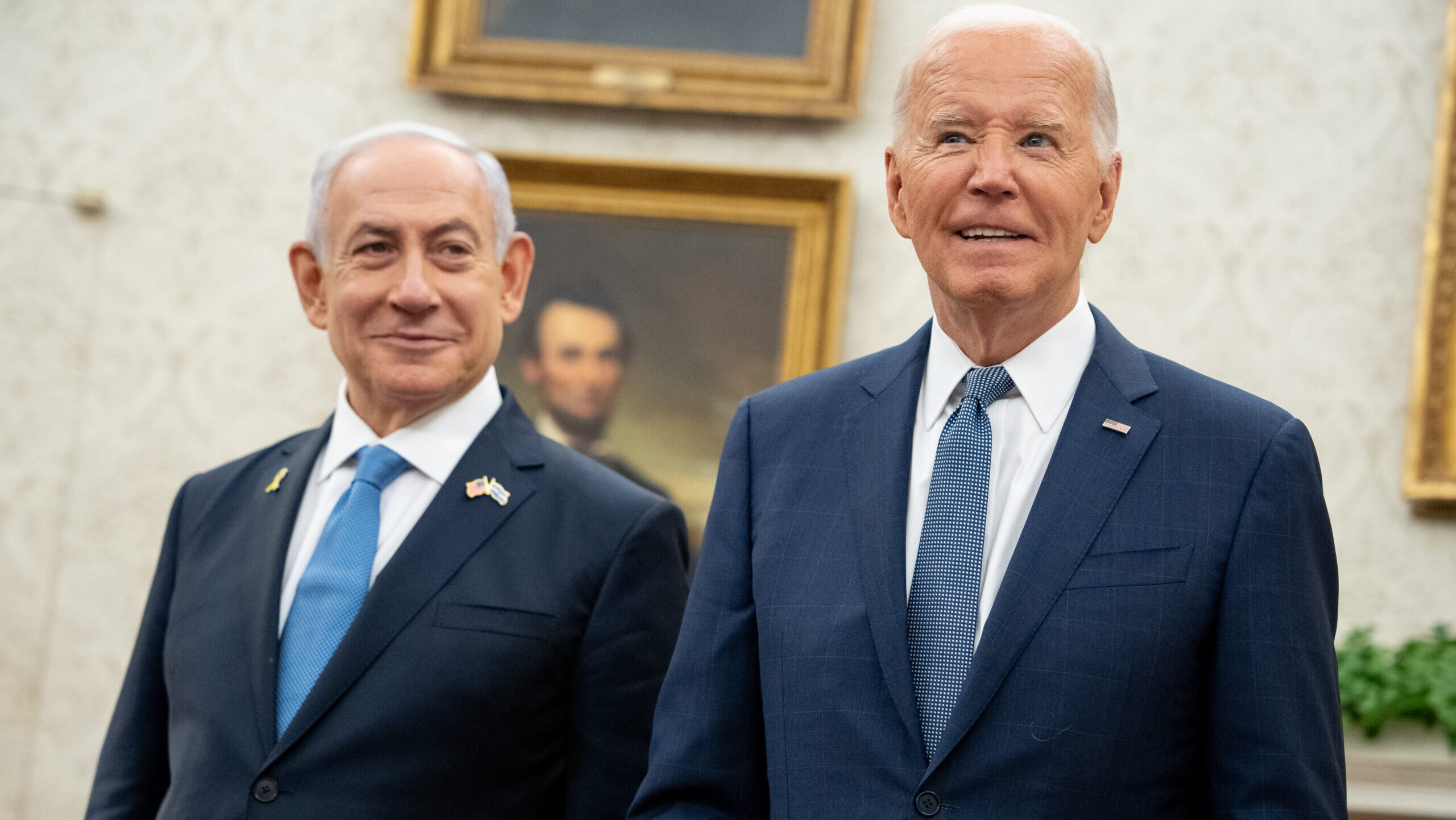This Isn’t the Speech Israel Needed From Netanyahu
Maariv, Israel, July 26
The juxtaposition of Prime Minister Benjamin Netanyahu’s and outgoing President Joe Biden’s speeches last week serves as a study in contrast not just of two leaders, but of two markedly different political trajectories and philosophies on leadership at critical junctures. Netanyahu’s address to the American Congress, teeming with his usual oratorical prowess, appeared to be a fine example of political theater tailored for the Israeli audience. However, the layers beneath the applause and the sheen of his rhetoric reveal a disconnect from Israel’s pressing realities. His speech omitted a direct engagement with the harsh consequences of recent events in Israel, notably the crisis emanating from October 7. By espousing victory slogans devoid of a pragmatic acknowledgment of the national crisis—namely the societal fissures and the need for rebuilding and unity—Netanyahu’s address resonated more as an exercise in maintaining his political stance rather than addressing the dire need for national solidarity. Biden’s speech, on the other hand, demonstrated a contrasting brand of leadership. In a somber, yet courageous tone, Biden made a Churchillian decision that may very well insulate his legacy from potential historical diminution. Opting out of another run, Biden portrayed a leader willing to place national and party interests ahead of personal ambition, showing wisdom in retreat to preserve and protect a lifelong mission. The implicit advice for Netanyahu to take cues from Biden’s introspective retreat is evident. By potentially stepping down, Netanyahu could similarly reinforce a legacy by allowing a transition to fresh leadership capable of mending Israel’s deep-rooted societal rifts. An honest, direct telecast, as suggested: “I’m done, friends. I’ve done my part. I’ve done a lot. History will judge me…” could have been transformative. This approach may propel younger leaders while fostering healing, solidarity, and a renewed national spirit. Essentially, Netanyahu’s rhetoric of “victory” in Congress might come off as hollow in the Israeli milieu, where the pressing need is healing and rebuilding. In comparison, Biden’s act of stepping aside exemplified how a leader could bow out gracefully to ensure continuity and honor for both himself and his party. Israel’s political dynamics and general public morale could benefit greatly from a similar gesture of humility and foresight from Netanyahu—a decision that would ignite immediate rejuvenation and disperse the prevailing despondency. In closing, the missed opportunity for Netanyahu to deliver a heartfelt, transparent speech, attuned to the country’s pulse, underscores a poignant absence in the current Israeli political landscape—a discourse like Biden’s that can transcend and transform the national narrative. —Nachman Shai, former member of Knesset and minister of Diaspora affairs (translated by Asaf Zilberfarb)
This holiday season, give to:
Truth and understanding
The Media Line's intrepid correspondents are in Israel, Gaza, Lebanon, Syria and Pakistan providing first-person reporting.
They all said they cover it.
We see it.
We report with just one agenda: the truth.



